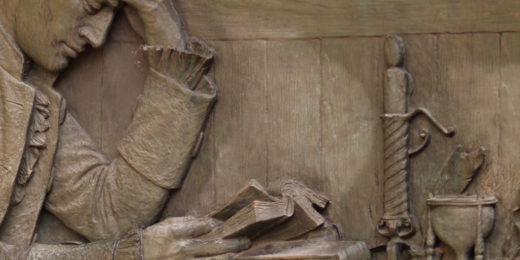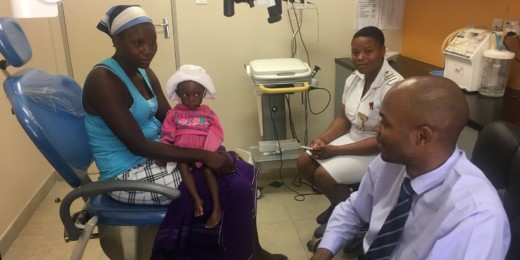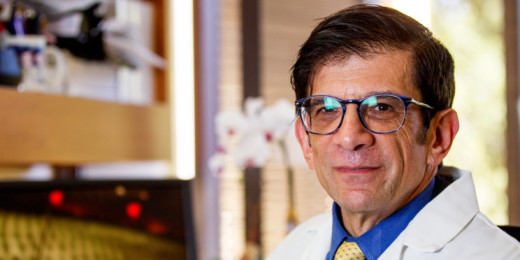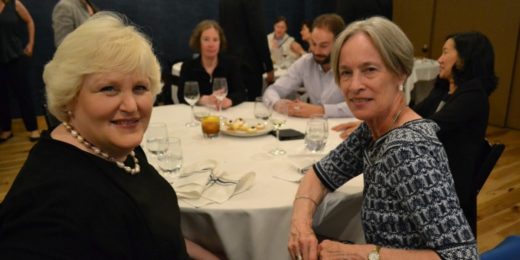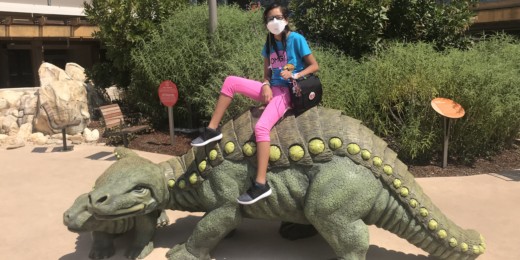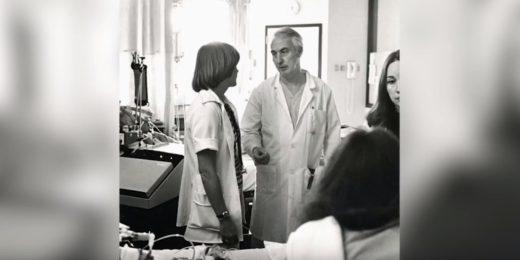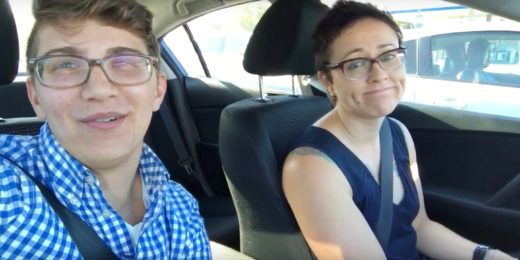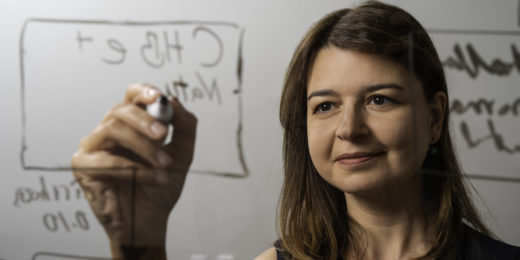A novel immunotherapy appears safe for use in patients with non-Hodgkin’s lymphoma. Here, a Northern California man shares his experience in the study.
Category: Patient Care
Medicine runs on stories
A medical student shares how both storytelling and story-listening can be beneficial for physicians (and their patients).
Doctors’ notes hold clues about cancer patient survival
A Stanford-designed computer algorithm helps doctors predict the lifespan of patients with metastatic cancer by looking for clues in their own exam notes.
Understanding AFib: How to measure your own heart rate and rhythm
In the fifth installment in the Understanding AFib series, Randall Stafford explains how to measure your heart rate and pay attention to your heart rhythm.
The presence of his absence
In this essay, Cynthia Lim reflects on her experience caring for her husband, who was left with brain damage following a cardiac arrest.
First nursing postdoc at Stanford advocates for palliative care
The first nursing postdoc at Stanford, Nancy Dudley, brings a passion for the care of the severely ill to her palliative care research.
New ENT clinic treats children in Zimbabwe
Stanford’s Peter Koltai is participating in an effort to advance much-needed ENT care for children in Zimbabwe.
New hope for a drug to treat lymphedema symptoms
The anti-inflammatory drug ketoprofen shows promise as effective medical treatment for lymphedema symptoms, small Stanford study finds
A stage IV cancer patient discusses what it means to live well with serious illness
A stage IV cancer patient discusses what it means to live well with serious illness at Stanford Medicine's Jonathan King Lecture series.
Understanding AFib: Slowing down the dancing heart
In this fourth post in the Understanding AFib series, physician Randall Stafford explains different drugs that are used to slow down the heart.
Behind the scenes of a lifesaving heart surgery
When 12-year-old Lizneidy Serratos was airlifted to the Bay Area in early August, her heart was pumping so weakly that she could not walk or eat.
Patient advocate uses MRI scans to create art and spark conversations about life with illness
Patient advocate Elizabeth Jameson prints works of art from MRI scans of her own brain to foster dialogue about life with illness.
“Without Dr. Shumway doing his miracle work, three generations would not be here”: A Stanford heart transplant patient’s story
A Stanford Health Care video tells the story of grateful transplant patient Yolanda.
The talk: Younger brain cancer patients provide a model for patient empowerment
A new generation of brain cancer patients are working to improve care and connect and support patients using social media and advocacy.
Understanding AFib: Blood thinners simplified
In the latest installment in the series Understanding AFib, Randall Stafford explains the different types of blood thinners.
Stanford scientist is working to halt spread of hepatitis B
Decision scientist Mehlika Toy is working with the WHO to help eliminate the public health burden of hepatitis B by the year 2030.



